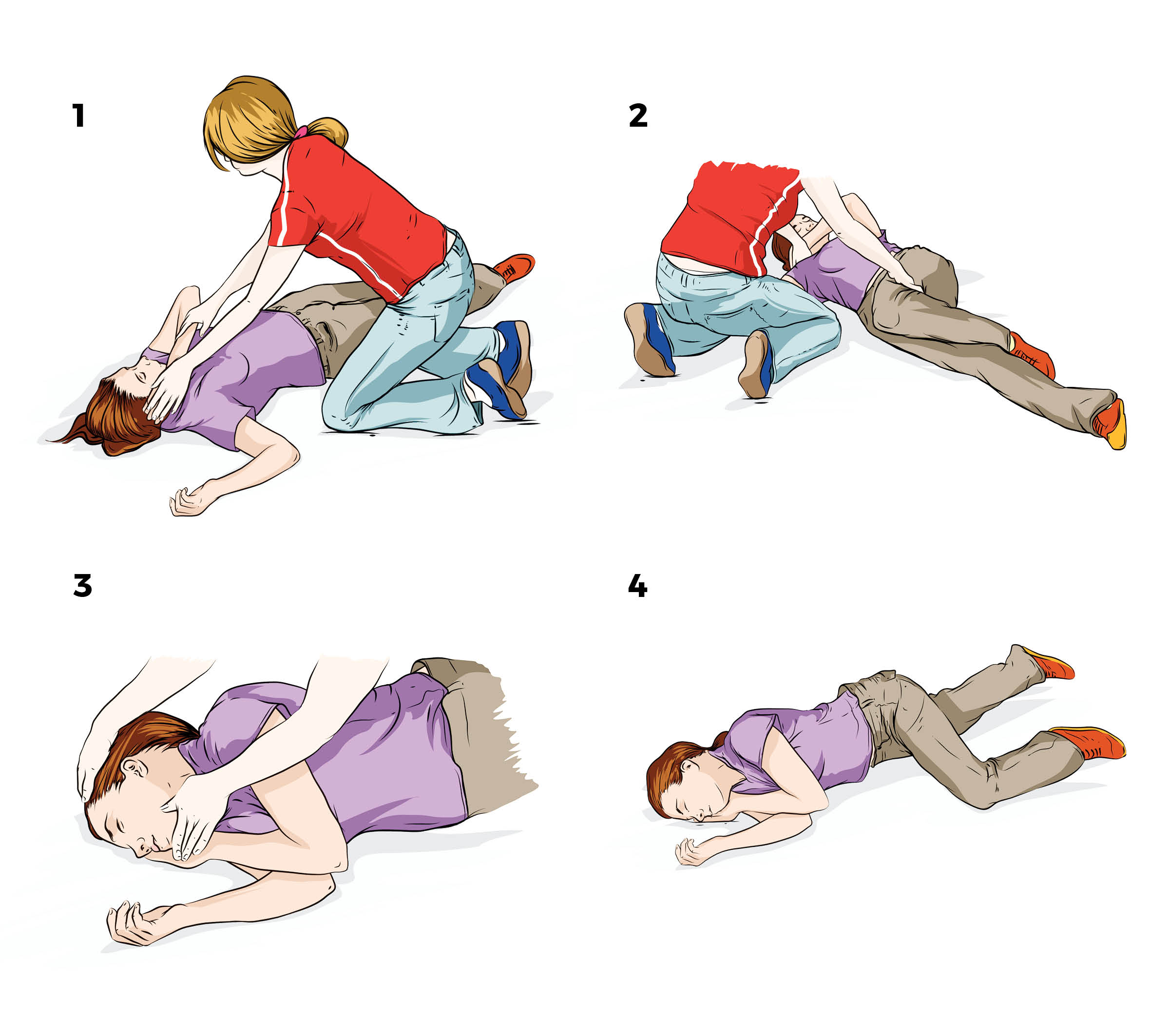Cannabis
Also called marijuana, pot, weed, grass, gunja, yarndi, Mary Jane
Cannabis is a depressant drug which means that it slows down the messaging between the brain and the body. Cannabis contains the psychoactive chemical THC (delta-9 tetrahydrocannabinol) which can cause hallucinogenic effects. Hallucinogens affect the brain, producing distortions of the senses, mood and thought.
What does it look like?
- Dried plant matter
- Dried resin (hashish)
- Hash oil
In recent years there have been products manufactured and referred to as “synthetic cannabis”. These products aim to mimic the effects of THC but these can be unpredictable.
- Smoked through pipes, bongs, joints
- Inhaled via a vapouriser
- Cooked into food and eaten
People commonly use cannabis to induce a feeling of euphoria, to feel relaxed, or to assist with sleep and appetite.
Cannabis affects people differently depending on a range of factors including how strong it is, how it is consumed, how much is consumed, whether it is used with other drugs (including tobacco), and the individual characteristics of the person. It is important to know that there is no safe level of use.
Cannabis use can increase the risk of developing mental health problems including paranoia, depression, anxiety, hallucinations or psychosis, particularly if there is a past or family history of mental health concerns.
- Decreased motivation
- Memory and learning problems
- Reduced sex drive
- Increased risk of cancer
- Mood swings
- Depression
- Anxiety
- Confusion
- Paranoia
- Hallucinations
- Spending a great deal of time getting, using, or recovering from the effects
- Using in greater amounts, or for longer than originally planned
- Needing to use more to get the same effect
- Having cravings, difficulties stopping/reducing use
- Experiencing withdrawal symptoms
- Social problems including relationship issues, financial problems, impacts on study or work and legal problems
Withdrawal symptoms may be unpleasant, but will lessen over time. Common withdrawal symptoms include low mood, anxiety, poor sleep, irritability, agitation, depression, intense hunger, tiredness and cravings.
Sometimes it can take a few attempts to cut back or stop.
- Focus on reasons for cutting down or stopping
- Avoid mixing cannabis with tobacco (spin)
- Set limits on when and how much is used
- Avoid ‘triggers’ (i.e. things associated with using such as places, people and stressful situations)
- Ask a friend, family member or health professional for support
Using cannabis while pregnant is linked to higher rates of miscarriage, premature birth, stillbirth and sudden infant death syndrome (SIDS). People who are concerned about their cannabis use while pregnant or breastfeeding should talk to their doctor or health professional.
Adis 24/7 Alcohol and Drug Support is a 24 hour, 7 day a week confidential support service for people in Queensland with alcohol and other drug concerns, their families and health professionals.
Talk to us. Anytime, anywhere.
1800 177 833
If someone is experiencing strong hallucinations, anxiety or paranoia, try and keep them calm and safe.
If the person has collapsed or lost consciousness, call an ambulance on triple zero (000). If they have stopped breathing commence CPR. If they are breathing normally, place them into the recovery position and wait with the person until the ambulance has arrived.

Adis - Understanding Cannabis Fact Sheet
Adis fact sheet providing information about cannabis, also known as marijuana, pot, weed, grass, gunja, yarndi, Mary Jane.
Take a self assessment quiz, it's free and only takes 5 minutes.
